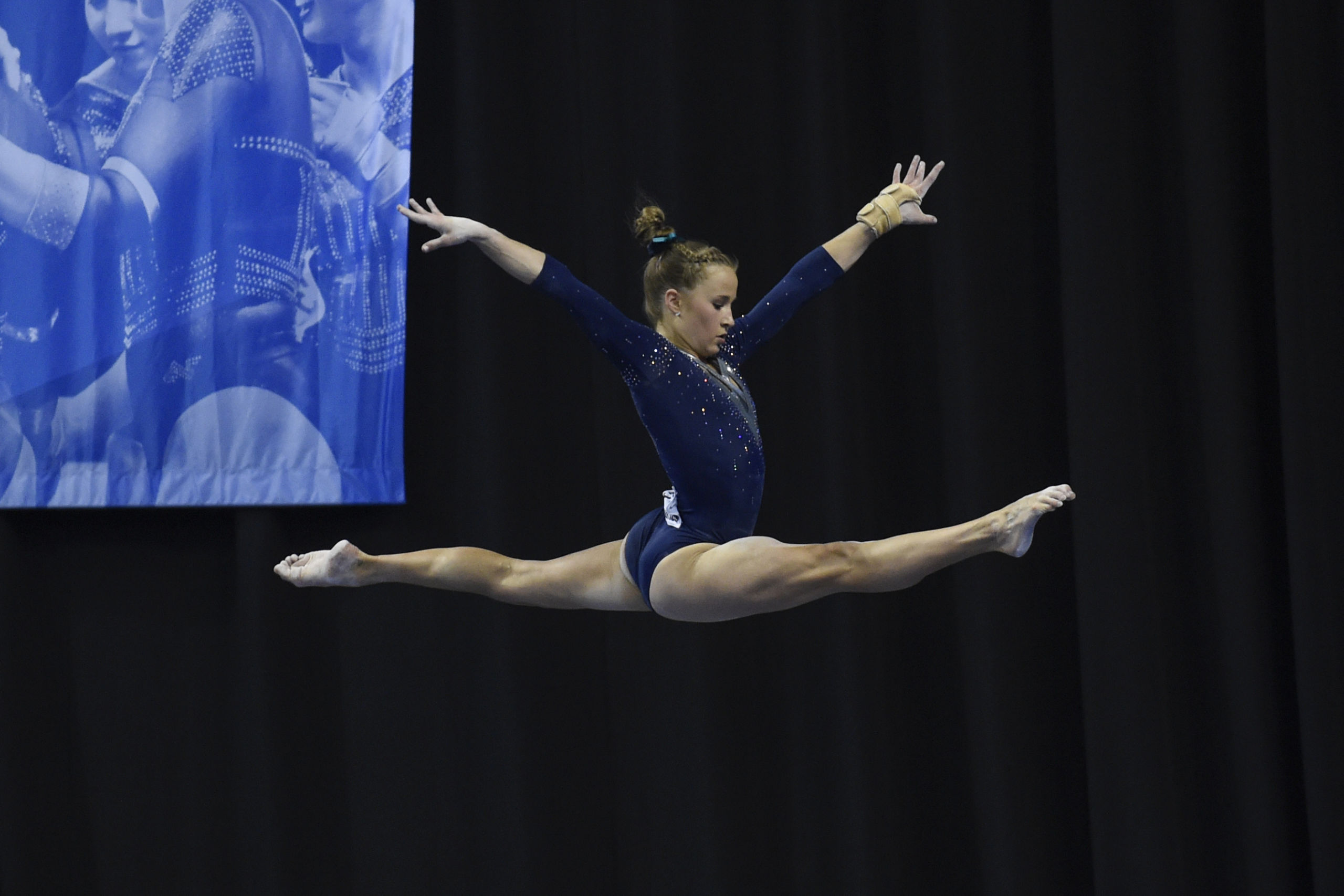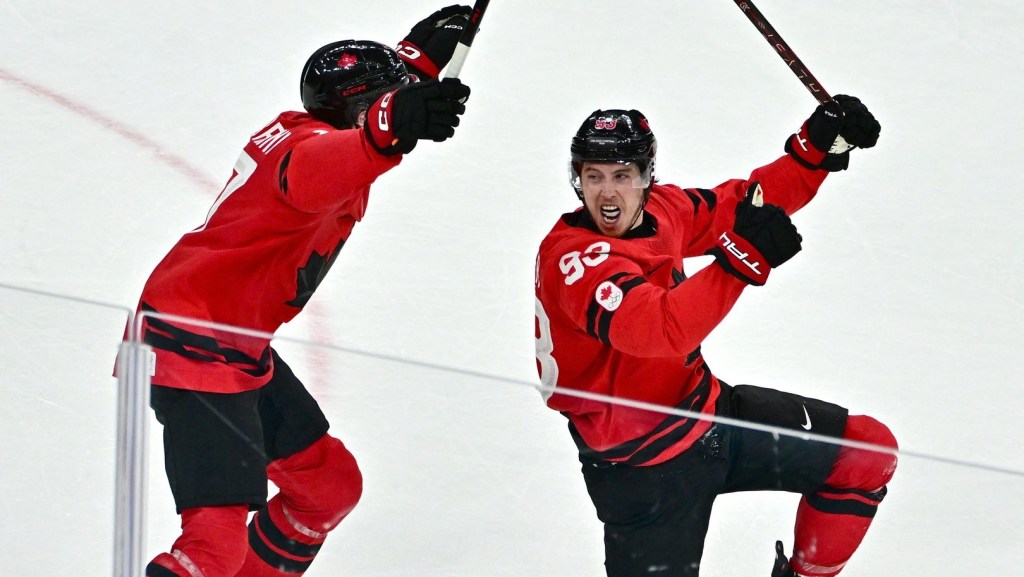When the NCAA decided to grant an extra year of eligibility to spring sport athletes, many athletic departments were faced with additional budget strain on top of declining revenues.
Now, the issue of name, image, and likeness compensation for student-athletes is rising to the surface alongside those conversations in the turbulent world of college sports.
More specifically: could NIL decisions be sped up at the NCAA level – they’ve already swept through state legislations – so athletes who may not receive as much scholarship money next season as previously granted have an additional avenue to supplement their school funds?
During an April 15 webinar regarding compliance in an NIL world, several athletic administrators pointed out that the decision to accelerate such legislation would not only cost the NCAA resources otherwise set aside for responding to the current crisis, but it could also cost schools and universities during a time when surplus revenue is expected to be scarce.
The NCAA, however, may not have the luxury of time to decide.
“I think what you’re going to see in all of this is a drastic overhaul of the NCAA and their either going to have to modernize themselves as an organization or they will choose a path of being defunct,” Vince Thompson, founder and CEO of MELT, an Atlanta-based marketing agency that works closely in the college space, said. “They were already having to respond to the modern challenges of a student-athlete. They have an opportunity to choose a positive path right now. And one of those paths should be NIL. I think [the current situation] should absolutely accelerate those conversations.”
In October, the NCAA’s Board of Governors adopted the recommendation of an internal working group studying NIL to change the organization’s bylaws in a “manner consistent with the collegiate model.” The group is still working on official recommendations of how that suggestion will be practically applied in the form of new rules, and member schools aren’t expected to vote on changes until January 2021.
Notre Dame Athletic Director Jack Swarbrick voiced concern about the ability to implement new NIL rules and regulations in the current environment for athletic departments already shrinking staff and cutting costs. Even an on-time decision next spring could put additional pressure on departments anticipating belts still being tight during that time.
NCAA and conference distributions will be reduced, and revenue projections in other parts of the business are bleak as the world braces for the continued economic fallout from coronavirus. This is not a time where the NCAA could easily ask athletic departments to hire personnel or dedicate resources to ensure student-athletes are complying with the new regulations.
And it is not yet clear what the NCAA will require of schools.
Both Swarbrick and Ohio University Athletic Director Julie Cromer spoke about their institutions’ role – if any – in assisting student-athlete entrepreneurs. Both fear they will not have sufficient campus resources to prepare their student-athletes for NIL allowances or to hire individuals to support and train student-athletes in how to become their own businesses.
“Based on what we have heard from our students, they are hungry for education, and I think it’s our responsibility to give that to them if they’re aligning this opportunity with their student-athlete experience,” Cromer said.
READ MORE: College Football Payout Games Play Key Role in Shifting Revenue Landscape
“We will not be in a position to add staff or staff up, but we probably will not have the need like [some larger institutions will],” Cromer added. Instead, she added, they’ll go in house if that were to become the case to mentor their student-athletes appropriately. “We’ll go to alumni and to our donor base as well. We have some individuals who have been really successful entrepreneurs.”
Swarbrick echoed that his university had alumni and other mentors who could also help. And while both expect that athletic departments are not likely to be responsible for helping their student-athletes find sponsors or set up events, they do anticipate feeling a responsibility to educate and empower them to do so for themselves.
Whenever those changes are eventually implemented – whether in 2021 as expected or in a fast-tracked scenario – Swarbrick said he envisions a situation in which at least something will be required on the part of the institutions.
“I hope distinction is drawn between the university acting as agent and the university acting as educator or co-participant,” Swarbrick said, noting that something as small as being able to affiliate with the school brand will bring additional value for many student-athletes. “I hope there’s a way, to oversimplify it, to be a co-licensee or a co-participant, but I hope our colleges and universities aren’t becoming arbitrators or agents for deals.”
Even acting as nothing more than an educator will require time and resources, both of which may be hard to come by.
The expectation is that less than 2% of student-athletes will make substantial money from any NIL legislation, according to Courtney Altemus, founder and CEO of TeamAltemus, a financial firm focused on empowering athletes. Altemus described them as “heroes in their hometowns” – those who may have opportunities to run camps or clinics in their university and local communities where they’re known.
That expectation may be underplaying the impact NIL opportunities could have.
“There is a tendency to talk about this in terms of endorsement value, but I don’t think that’s where most of the value will be,” Swarbrick said. “I think that’s where most of the problems will be, but I think the value is in building a business. It’s important to realize how restrictive the current rules are. I think value will have little to do with your popularity but more to do with what you produce.”
It’s likely not just the stars who stand to benefit. Athletes who are popular off the field for talents or channels, those who are socially savvy or entrepreneurial in other regards, those who find success coaching and teaching – they all also stand to gain financially.
That money could serve as an important bridge over the divide between scholarships and what student-athletes have to fund themselves, said Matt Elliott, senior associate athletic director at UCLA. The issue is particularly important as schools figure out what sort of scholarship funds they have to offer returning spring sport athletes.
“This is a great equalizer; the opportunities are not just going to be limited to the best athletes on the team,” Elliott said. “You have an opportunity to become an influencer for a lot of reasons. We may be having student-athletes coming to us who already have hundreds of thousands of followers and already have great economic opportunities.”
Alongside hosting events, social media influence is seen as the next most apparent space for student-athletes to profit off of their name, image, and likeness. Many student-athletes already have followers in the tens and hundreds of thousands, valuable viewers for sponsors and product partners.
UCLA’s Madison Kocian, a gymnast who also competed for Team USA in 2016, has more than 581,000 followers on social media and would be the second most valuable student-athlete in terms of NIL profit potential right now, according to a recent estimation by AthleticDirectorU and Navigate Research, behind UNC’s Cole Anthony.
READ MORE: ADs Say Smaller Schools Better Suited To Weather Coronavirus Fallout
OU’s Cromer identified speaking engagements, appearances, and leadership talks as the third bucket where her student-athlete body sees possible profit for themselves.
Elliott added that for many of the athletes with large followings already, schools could play a crucial role in helping them shift into the monetization world without breaking whatever the new NCAA rules will be. The whole thing needs to “start from a standpoint of integrity,” he said, to help students become entrepreneurs, and schools should play a role in ensuring that quality is maintained.
Then there’s still the question of whether or not Congress will get involved.
During a hearing on Capitol Hill in February, Senators said that federal involvement in the NIL equation – something the NCAA hoped would supersede individual state laws – would only take place if necessary. They didn’t anticipate getting involved unless the NCAA did not respond adequately on its own.
When asked if the Congressional response to COVID-19 should take priority over a national law regulating NIL, Elliott said there was as much value in preparing for the questions student-athletes will have when they do return to campus as in preparing for them to come back to campus, to begin with.
“We are pretty far down this [NIL] road already,” Elliott said. “100% our priority has to be how to rebuild our departments and how we cope with these external changes. At the same time, it doesn’t mean we can’t go through important exercises and take on additional challenges.”





![[Subscription Customers Only] Jul 13, 2025; East Rutherford, New Jersey, USA; Chelsea FC midfielder Cole Palmer (10) celebrates winning the final of the 2025 FIFA Club World Cup at MetLife Stadium](https://frontofficesports.com/wp-content/uploads/2026/02/USATSI_26636703-scaled-e1770932227605.jpg?quality=100&w=1024)











